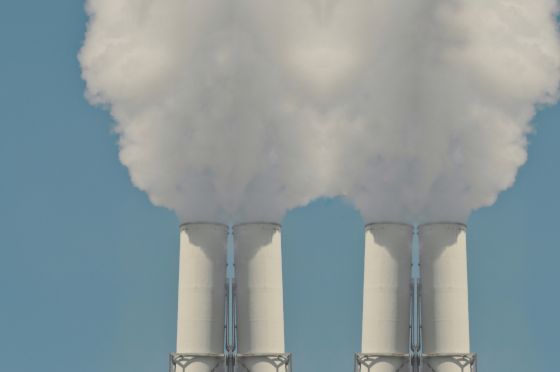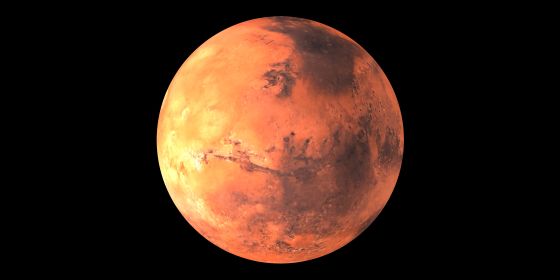What are the 'notable scientific events' that will occur in 2021?

In 2020, when the world suffered from the new coronavirus infection,
The science events to watch for in 2021
https://www.nature.com/articles/d41586-020-03651-0
◆ Efforts related to environmental issues
It is argued that international cooperation similar to that of the new coronavirus countermeasures is necessary to control climate variability, and the Paris Agreement already exists as an international agreement. It was talked about that the United States withdrew from the Paris Agreement in November 2020, but Joe Biden, the next president of the United States, has indicated his intention to return to the Paris Agreement, and in November 2021 in the United Kingdom. Attention is focused on the trends of each country and the efforts toward carbon neutrality in the United States at the 26th Conference of the Parties to the Climate Change Framework Convention, which is scheduled to be held.

◆ Identification of the cause of new coronavirus infection
A new coronavirus control team led by the
◆ Development of new coronavirus vaccine
Development of the new coronavirus vaccine has been carried out at high speed, and in December 2020, two types of vaccines, the vaccine developed by Pfizer and the vaccine developed by Moderna, were approved by the U.S. Food and Drug Administration, and vaccination has begun in various places. I will. However, these vaccines need to be stored at very low temperatures. At the time of writing the article, major pharmaceutical companies Novavax and Johnson & Johnson have confirmed the effectiveness of the new coronavirus, and it will be clear in early 2021 whether it is effective or not. Vaccines under development do not need to be stored at low temperatures like Pfizer and Moderna vaccines, so they can be easily transported. In addition, Novavax plans to produce 2 billion vaccines annually, and it is expected that many vaccines will spread around the world.

◆ Easy access to academic treatises
A high subscription fee has been required to access academic treatises, but with the advent of the
◆ Relaxation of regulations on stem cells
Research on induced pluripotent stem cells using human embryos is being actively conducted, but from an ethical point of view, the '14-day rule' that the culture of human embryos must be stopped in 14 days is written. It exists at the time. The International Stem Cell Research Association has extended this '14-day rule' to create guidelines that allow longer cultures. If the culture period is extended, it is expected that it will lead to elucidation of the mechanism of miscarriage.

◆ Approval of therapeutic drug for Alzheimer's disease
Alzheimer's disease is

◆ Survey of Mars
In February 2021, China's Mars exploration ship Tianwen-1 will reach Mars and conduct a survey. Tianwen-1 will be equipped with a variety of equipment such as cameras, radar, and particle analyzers to explore the signs of water and life on Mars.

◆ Launch of the Space Telescope
The
◆ Detection of gravitational waves
A joint team from Europe, North America and Australia is developing a method for detecting gravitational waves using neutron stars . This is expected to detect the gravitational waves generated by black holes.

Related Posts:
in Science, Posted by log1o_hf







